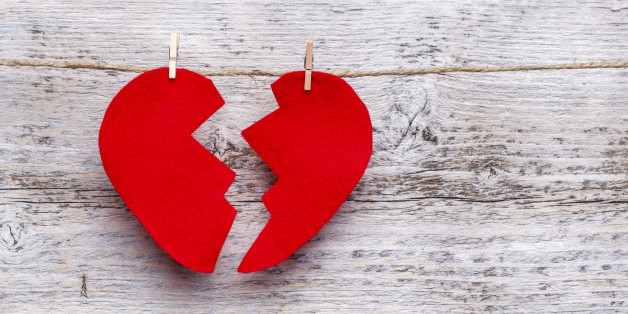My children, Jesse and Sam, are definitely less stressful (in a day-to-day sense) than any children in your house. I can absolutely guarantee it.
They don’t wake me up at nights with endless requests for the toilet or a drink or a cuddle or to banish monsters.
They don’t mess up my stuff, break things, fight with one another or incessantly demand my attention.
They leave me with plenty of time to pursue my own interests, have a shower unmolested and get the shopping done without interruption.
You see, neither of them made it to full term. Neither even made it close.
And yet…they were my children. Are my children.
It’s a confusing issue.
Contentious moral or religious beliefs aside; science tells us that upon conception, what’s present is a human being in its earliest form. Begotten of my husband and I, ergo our children. Initially I really did think it was that simple.
But not having them present leaves more challenges (grief aside) than I could have expected.
How do I respond when someone asks if I have children?
I usually tell them no, cut the conversation short and wonder if I just utterly trashed the importance and the presence of those two tiny people who lived inside me for far too short a time.
When I tell them yes, and explain the circumstances, the conversation grinds to a screeching halt, which may or may not be accompanied by the Pity Face.
Either way is tough.
Yet invisible motherhood happens more frequently than you’d ever imagine…until you suddenly end up the mother of an invisible child. Until you’re able to hold back the tears long enough to talk about it. Then women with similar experiences seem to pour out of the woodwork, heartbreaking stories and empathy shared in equal measures. And I want to ask them “Where were you until now?”
I’d always understood ‘miscarriage’ to be a bit of a dirty word. One of those distasteful things which happens in life; like ingrown toenails or root canals. Unpleasant and Not a Topic For The Dinner Table. As such, I knew very little about it. I knew a few women in the family had had one. I knew of a family friend who’d had a stillbirth.
Not one conversation broached the topic of emotion or motherhood.
It was as though those babies somehow didn’t count.
I think that’s why it took me so staggeringly by surprise. I’d even anticipated that I might miscarry my first, given the family history, but nothing ever prepared me for the sheer weight of emotion that crashed down on me and proceeded, over the coming months, to suffocate me under a dark cloud of anguish.
Nothing prepared me for the waves of anger at pregnant women in the street.
At no point was I told about the blind rage which would leave me shaking when I saw misbehaving tots being screamed at by their end-of-the-tether parents. Or being smoked near. Or being ignored when in need of attention.
I was utterly unprepared for the isolation from my husband, who (at first) just didn’t *get* why I was so upset.
I was defenseless against the accusing voice in my mind, telling me that I was clearly undeserving of a baby/hadn’t been careful enough while pregnant/had done it wrong in the first place.
I was ill-informed about how to respond to throw-away comments from the unintentionally insensitive, which left me feeling as though I’d been emotionally assaulted.
So I dug deep, reached out, and slowly, painfully, began making the connections for myself.
Since then, though, I’ve been keen to do my bit – to give back – to share with those newly invisible mothers some of the things which have helped me.
I began by blogging bits and pieces of my story. The feedback was positive – people began to exhibit signs of understanding. I was thanked for generating conversations and enabling others to support their friends who were in the same position as me.
I created a couple of guest posts where bloggers were seeking to promote understanding of miscarriage and childlessness, with an aim of spreading understanding, empathy and compassion. I’ve entered writing challenges with my story as the subject, all in an effort to reach as wide an audience as possible.
I’m gradually becoming adept at talking about it in Real Life, too.
It’s still difficult and it still hurts, but I want to go further from here and take my online presence (and passion for breaking those barriers and trashing the taboos) into the everyday.
I want to be active in working towards a world where miscarriage isn’t swept under the rug; where women can openly acknowledge (and grieve) their losses without feeling uncertain as to the validity of their feelings. I want to be a person who others can come to for information and advice. I want to be at the forefront of a movement which purposefully demystifies miscarriage and aims to establish helpful dialogue on the subject.
I will strive to support the generation of a mindset where each of these little, lost lives is important, and their heartbroken mothers (and fathers) are surrounded by empathy and care, stemming from genuine understanding on the part of those around them.
My children count.
They have changed me, and I am their legacy
.











